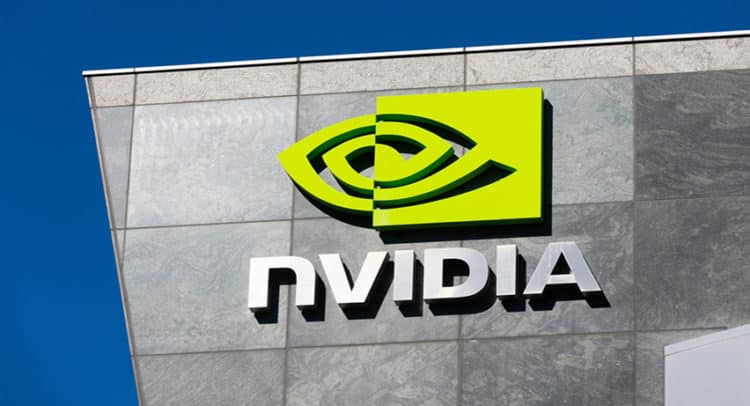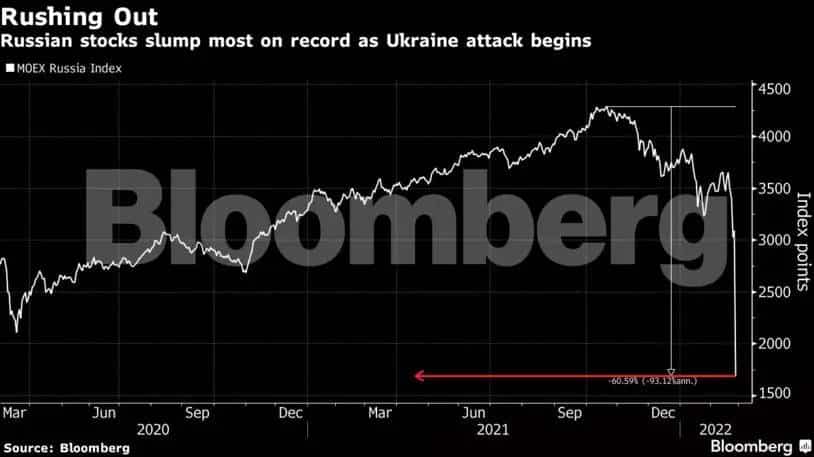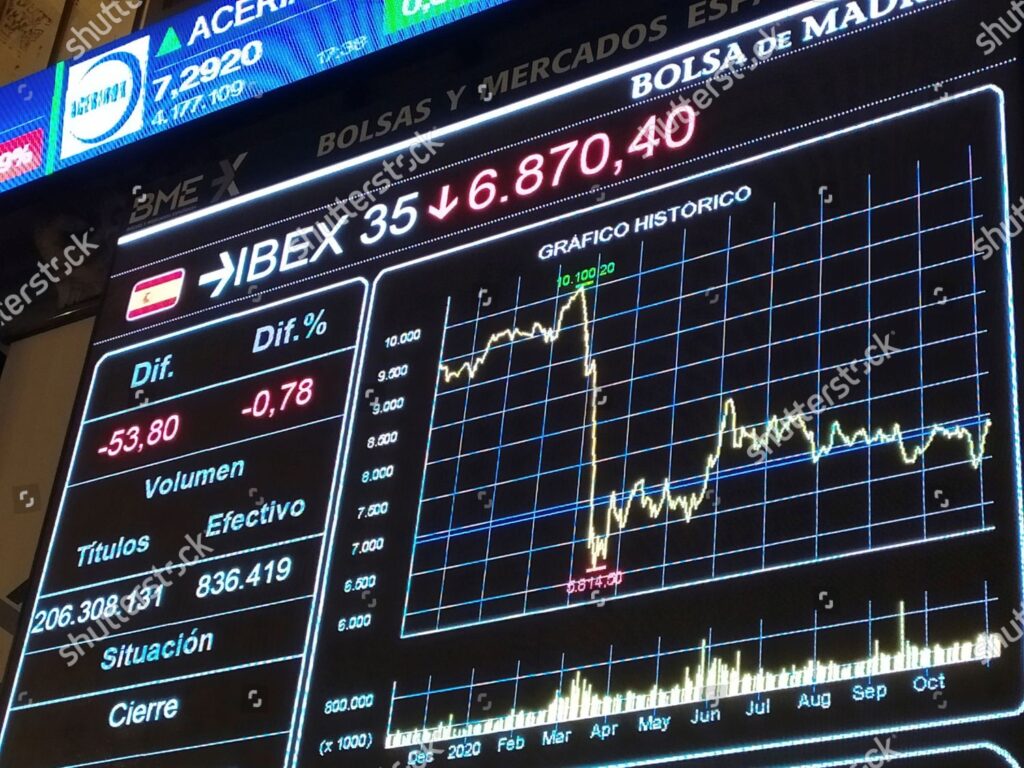Key Players in the Stock Market in Fiji
The Fijian stock market involves various key players, each with a specific role in the overall ecosystem:
- South Pacific Stock Exchange (SPX): The sole stock exchange in Fiji, responsible for the listing, trading, and regulation of securities.
- Reserve Bank of Fiji (RBF): The central banking authority that oversees the regulation and governance of the financial sector, including the stock market.
- Stockbrokers: Licensed intermediaries who facilitate the buying and selling of securities on behalf of investors.
- Listed Companies: The publicly traded companies whose shares are listed and traded on the SPX.
- Investors: Individuals and institutional investors, both local and international, who participate in the Fijian stock market.
Regulating the Stock Market in Fiji
The Fijian stock market is regulated by the Reserve Bank of Fiji (RBF), which is responsible for ensuring the stability, transparency, and fairness of the financial system. The RBF sets the rules and guidelines for the operation of the SPX, including listing requirements, trading practices, and disclosure standards. Additionally, the RBF monitors the activities of market participants, such as stockbrokers and listed companies, to maintain the integrity of the stock market.
Understanding the Stock Market in Fiji: Stock Exchanges and Listings
The South Pacific Stock Exchange (SPX) is the sole stock exchange in Fiji, providing a centralized platform for the trading of securities. The SPX lists a diverse range of companies from various sectors, including finance, manufacturing, tourism, and agriculture. To be listed on the SPX, companies must meet specific financial and operational criteria set by the exchange, ensuring the integrity and transparency of the market.
Types of Securities Traded in the Stock Market in Fiji
The Fijian stock market offers investors the opportunity to trade a variety of securities, including:
- Shares: Representing ownership in publicly traded companies listed on the SPX.
- Bonds: Debt instruments issued by the government or corporations, providing a fixed income stream for investors.
- Mutual Funds: Pooled investment vehicles that allow investors to gain exposure to a diversified portfolio of securities.
- Exchange-Traded Funds (ETFs): Index-tracking funds that provide exposure to a specific market or sector.
Top Stock Index in Fiji
The Fijian stock market is represented by the South Pacific Stock Exchange Index (SPXI), which serves as a benchmark for the overall performance of the market. The SPXI tracks the price movements of the most actively traded and liquid stocks listed on the SPX, providing investors with a comprehensive view of the market’s performance.
How the Stock Market Functions in Fiji
The Fijian stock market operates on a continuous auction system, where buy and sell orders are matched by stockbrokers on the SPX trading platform. The exchange facilitates the trading of securities during designated trading hours, with the prices of stocks fluctuating based on supply and demand dynamics. Investors can participate in the market by opening brokerage accounts and placing orders through licensed stockbrokers, who execute the trades on their behalf.
Benefits of Investing in the Stock Market in Fiji
Investing in the Fijian stock market can offer several potential benefits, including:
- Diversification: The Fijian stock market provides access to a diverse range of companies and sectors, allowing investors to diversify their portfolios and manage risk.
- Long-term Growth: Historically, the Fijian stock market has shown the potential for long-term capital appreciation, making it an attractive option for investors with a long-term investment horizon.
- Dividends: Many listed companies in Fiji pay regular dividends, providing investors with a steady stream of income.
- Exposure to the Fijian Economy: Investing in the Fijian stock market allows investors to gain exposure to the country’s economic growth and development.
Risks Associated with Investing in the Stock Market in Fiji
While the Fijian stock market offers potential benefits, it also carries certain risks that investors should be aware of, such as:
- Market Volatility: The Fijian stock market, like any other, can experience periods of volatility, with stock prices fluctuating based on various economic and market factors.
- Liquidity Risk: The Fijian stock market may have lower liquidity compared to larger, more developed markets, which can make it more challenging to buy or sell securities.
- Regulatory Risks: Changes in the regulatory environment or government policies can impact the performance of the Fijian stock market and the companies listed on it.
- Currency Risk: Investors who are not based in Fiji may be exposed to currency fluctuations, which can affect the value of their investments.
Tips for Investing in the Stock Market in Fiji
To navigate the Fijian stock market effectively, consider the following tips:
- Diversify your portfolio: Spread your investments across different sectors and asset classes to manage risk.
- Conduct thorough research: Carefully analyze the financial statements, management, and growth prospects of companies before investing.
- Consult with financial advisors: Seek the guidance of licensed financial professionals who can provide personalized investment advice.
- Stay informed: Stay up-to-date with economic and market news, as well as regulatory changes that may impact the Fijian stock market.
Decoding the Stock Market Structure in Fiji
The Fijian stock market is a dynamic and evolving financial landscape that offers both opportunities and challenges for investors. By understanding the market’s structure, key players, and regulatory framework, you can make informed decisions and navigate the investment landscape with confidence. Remember to diversify your portfolio, conduct thorough research, and seek professional guidance to maximize your chances of success in the Fijian stock market.

















































